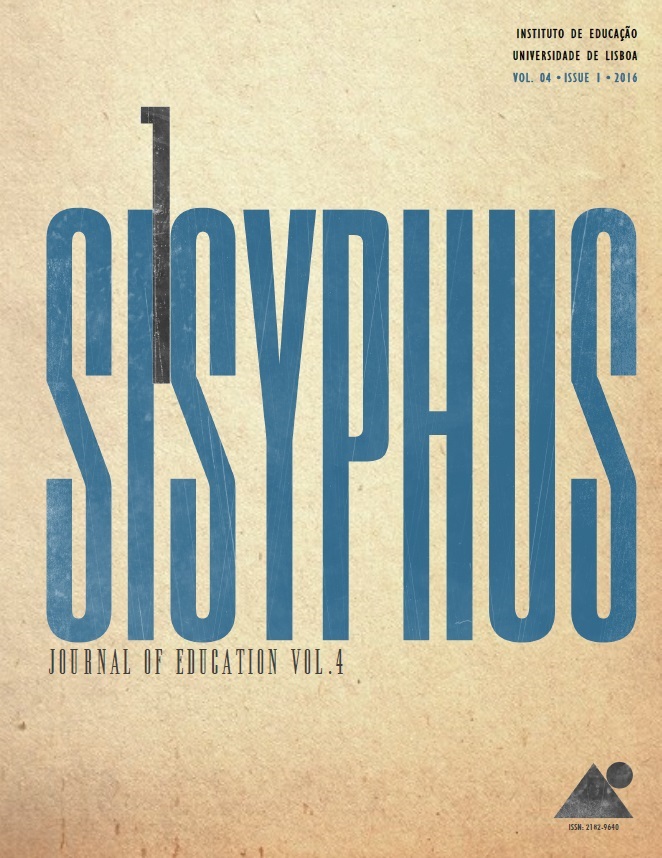Can we Talk of Educative Modernity without Metaphors? The Example of the Agricultural Metaphor in the Pedagogical Work of Célestin Freinet
DOI:
https://doi.org/10.25749/sis.10463Palavras-chave:
Educative modernity, Metaphor, Horticultural metaphor, Célestin FreinetResumo
In this study we shall try to understand the way educative modernity, through the pedagogical work of Célestin Freinet (1896-1966), can be expressed by the use of metaphors. In this case, the agricultural metaphor. In this context, the author, influenced mainly by the work of Paul Ricoeur, Daniel Hameline and Naninne Charbonnel on metaphor, will attempt to understand whether or not the agricultural metaphor is opened to symbol and to question the nature of the symbol itself, which starts in the metaphor and goes up to a semantical level which is more speculative in nature than properly educational. In this context, the pedagogical work of Freinet will be analysed in order to illustrate in a better way not only the massive use of the agricultural metaphor but also to question the educational and hermeneutical meaning of that use itself. This questioning will be in itself part of the answer to the initial question and it also opens the way to other and new interrogations even if they generate themselves a “conflict of interpretations” (Paul Ricoeur, 1969).
Downloads
Downloads
Publicado
Edição
Secção
Licença
O Copyright (c) pertence à Sisyphus – Journal of Education. No entanto, encorajamos que os artigos publicados na revista sejam publicados noutros lugares, desde que seja solicitada a autorização da Sisyphus e os autores integrem a nossa citação de fonte original e um link para o nosso site.
Política de auto-arquivo
É permitido aos autores o auto-arquivo da versão final publicada dos seus artigos em repositórios institucionais, temáticos ou páginas web pessoais e institucionais.
Subscritor DORA
O Instituto de Educação da Universidade de Lisboa, editor da Sisyphus, é um dos subscritores da Declaração de São Francisco sobre Avaliação da Investigação (DORA).





